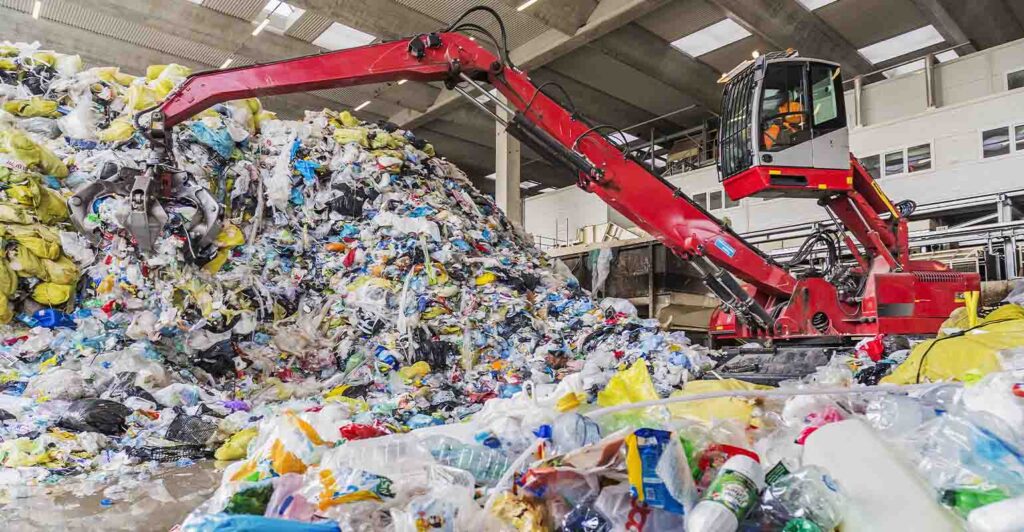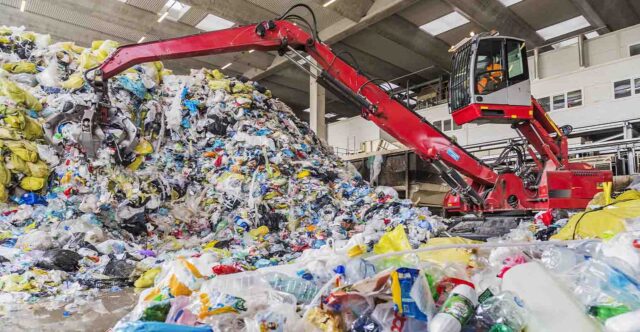By Pauline Akello
In many parts of Uganda, waste management remains a significant challenge to this day.
Uncontrolled waste disposal, including burning of rubbish, dumping of oil, electronic, medical and plastic wastes in ungazetted places cause pollution of the air, water and soil.
Besides, many raw materials used in manufacturing products are finite and their extraction has a significant impact on the environment.
This is one of the underlying issues why Recycling Day was started.
March 18, happens to be Global Recycling Day and it was begun back in 2018 by the Global Recycling Foundation to help recognize and celebrate the importance of recycling in preserving earth’s natural resources.
The importance of recycling in preserving natural resources should not be ignored.

Takataka’s effort
Takataka Plastics is a waste management social enterprise in Gulu that has taken a long stride when it comes to recycling.
The firm uses locally made machines to recycle plastic waste into sustainable materials such as tiles, furniture, among others.
Peter Okwoko, the Chief Operating Officer and his co-founder and teammate, Paige Balcom, the Chief Technology Officer, launched the enterprise in 2020.
They also reach out in their community to create awareness and offer support to independent material collectors.
In Uganda, around 600 metric tons of plastic waste is generated everyday, according to the National Environment Management Authority (NEMA).
The waste blocks drainage channels, while others end up in lakes, rivers and other drainage systems, thereby affecting the environment.

Understand benefits
Recycling helps to reduce the amount of waste generated and the pressure on landfills, thereby reducing pollution levels.
Job creation has been on Takataka’s agenda right from conception. Recycling provides opportunities for job creation, particularly in the informal sector. The enterprise already employ at least 30 young women and men.
Recycling also comes with economic development. Okwoko says by creating new products from recycled materials, organizations can generate revenue and promote local industries.
Recycling can also reduce the cost of raw materials, making products more affordable for consumers.
Recycling is an essential component of environmental protection.
By reducing waste and pollution, recycling helps mitigate impacts of human activities on the environment.
It also helps in promoting sustainable development which is essential for the long-term health of the planet.

Why recycling
Okwoko intends to continue with efforts of sensitizing the public on the importance of proper waste management.
Environmental benefits of recycling includes conservation of energy, reducing air and water pollution, reducing greenhouse gases and conserving natural resources.
Producing products using recovered rather than raw materials uses significantly less energy which results in less burning of fossil fuels such as coal, oil and natural gas.
By reducing air and water pollution and saving energy, recycling offers an important environmental benefit: it reduces emission of greenhouse gases such as carbon dioxide, methane, nitrous oxide and chlorofluorocarbons that contribute to global climate change.
Recycling conserves natural resources. Conservation reduces pressure to expand forests cutting and mining operations.
Recycling is a critical aspect of sustainable development.
Recycling helps to conserve resources such as minerals and metals by reusing them in new products.
This reduces the need for extraction and mining which can be environmentally damaging.
Recycling saves energy in addition to conserving resources and reducing pollution.
For instance, reducing the amount of paper you use is not just being cost-effective, but also translates into taking concrete steps to reducing climate change.
More so, any other waste management option including composting, recycling and landfilling or source reduction helps turn back the clock on climate change.

What to do
Okwoko says: “We can help minimize climate impacts through source reduction, reuse and recycling.
“This saves energy which translates directly to reduced greenhouse gas emissions.
“We should all do our share to protect the Earth and its atmosphere.”
In conclusion, recycling is a critical activity in Africa, which can help to reduce waste pollution, conserve resources, create jobs, promote economic development and above all, protect the environment.
Governments, businesses and individuals can all play a role in promoting recycling and ensuring that it becomes an integral part of sustainable development.






















